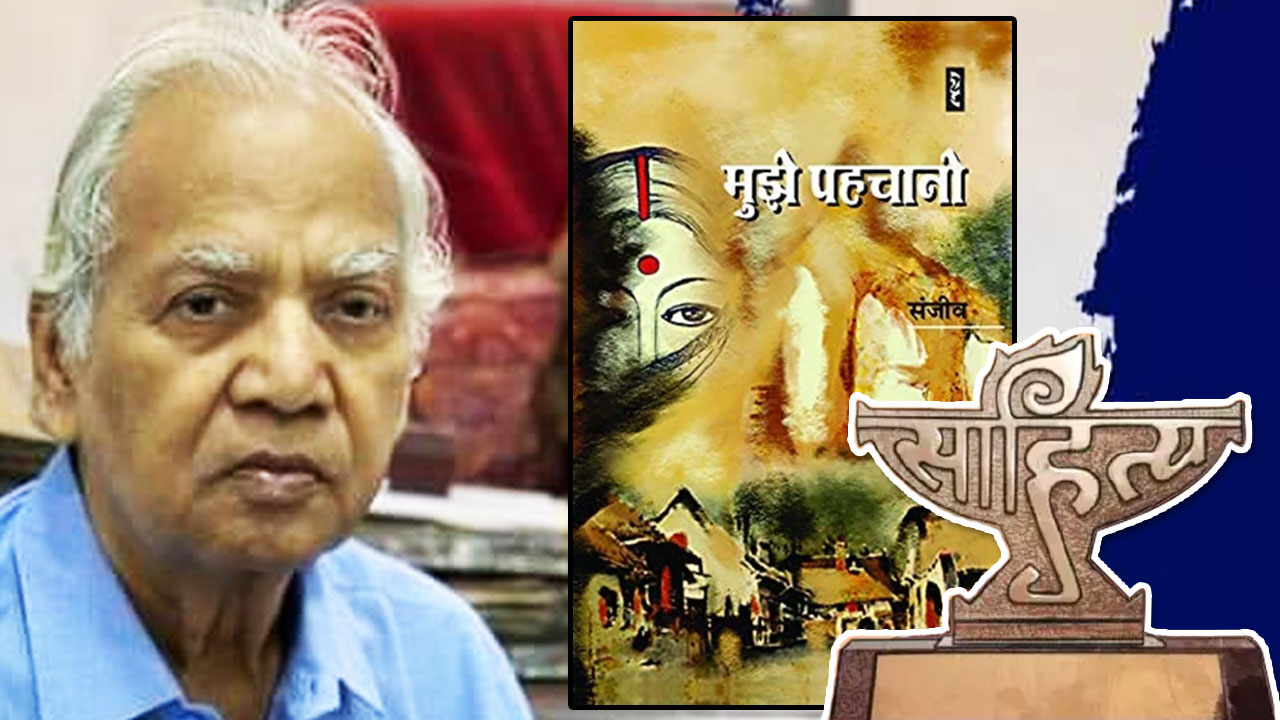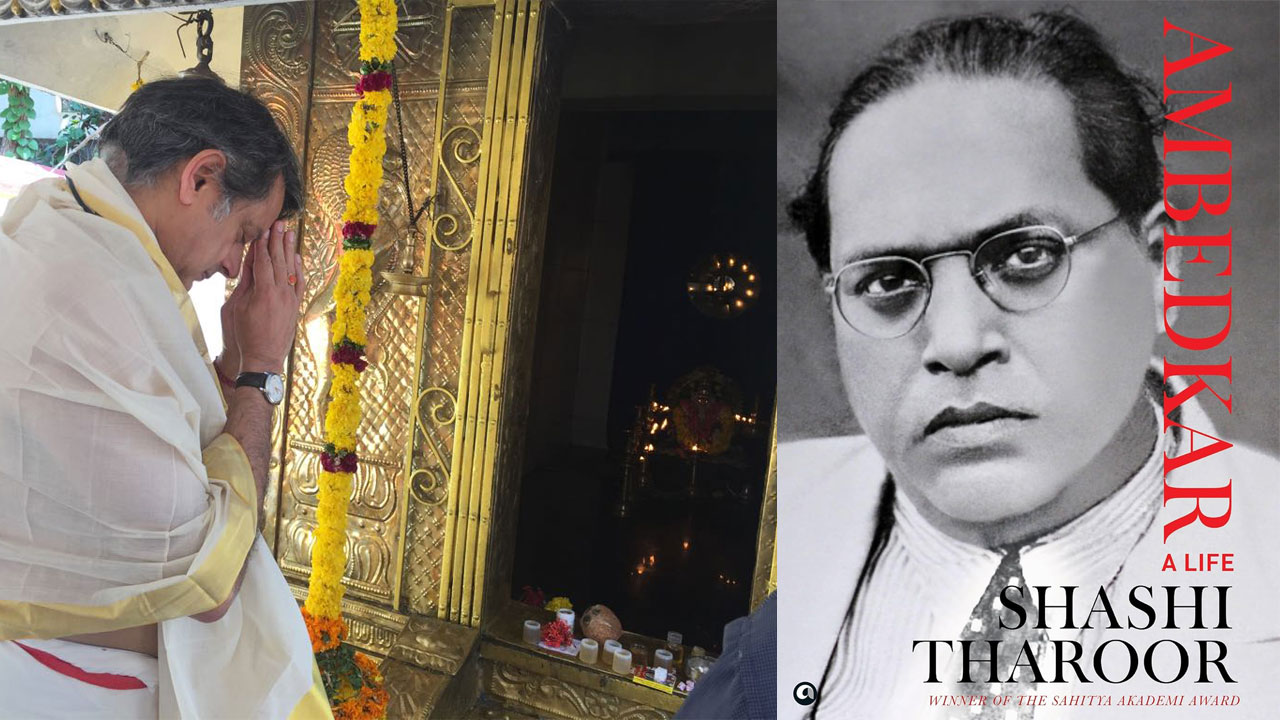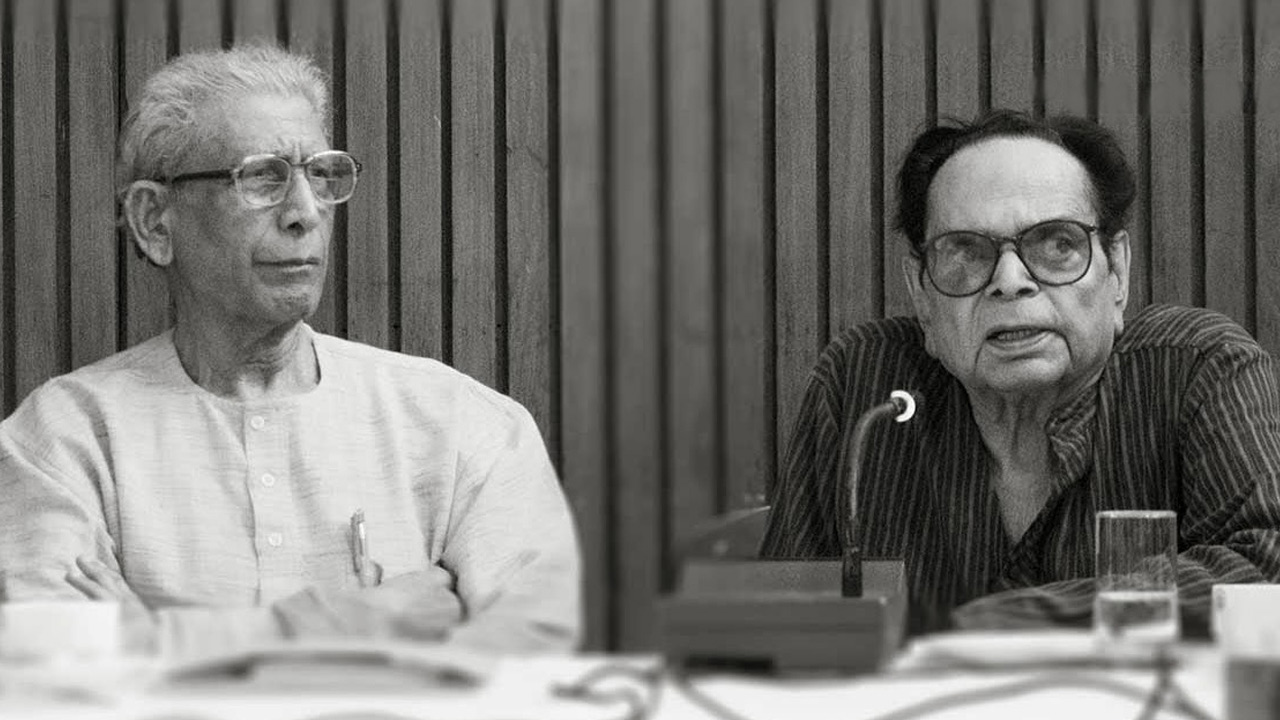A Hindi translation of Bharat Ratna Dr B.R. Ambedkar’s internationally renowned book, Annihilation of Caste, has been published with new reference and descriptive notes in the contemporary context by Forward Press through The Marginalised Prakashan, New Delhi. It is significantly different from the earlier translations. The book is mainly focussed on the speech Ambedkar had prepared for his presidential address at the annual convention of ‘Jat-Pat Todak Mandal’ in Lahore in 1936. Ambedkar could not deliver the speech as the organizers objected to some portions of the address and postponed the convention for an indefinite period. Though the organizers were impressed with the contents and the reasoning of the speech, they had reservations about some comments regarding Hindu religion. Dr Ambedkar declined their request to delete those portions.
Dr Ambedkar got the speech published at his expenses in May 1936 in the form of a booklet. Writing about the book in his newspaper Harijan, Gandhi said, “No reformist can ignore this speech. The conservatives will benefit by reading it. But this does not mean that it has nothing objectionable. It should be read only because serious objections can be raised on it. Dr Ambedkar is a challenge for Hinduism.”
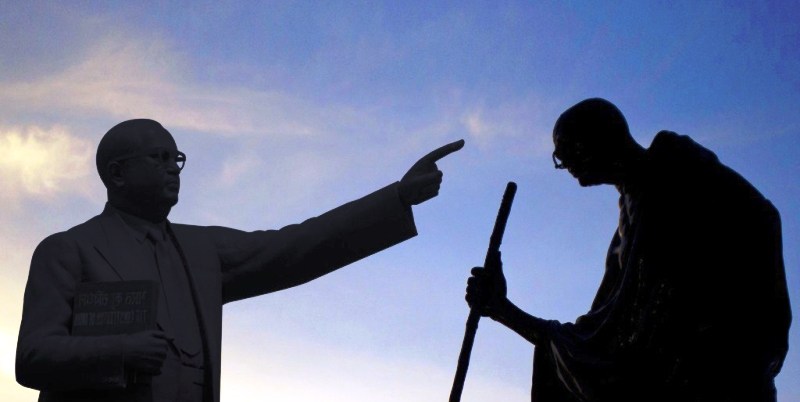
Dr Ambedkar wrote a long reply to this comment, underlining the obscurantist and irrational beliefs of Gandhi. He wrote, “In my view, the Hindu society needs an ethical revival and postponing it would be dangerous.” The book include many such quotations. The inclusion of the arguments between Gandhiji and Ambedkar in the book provides answers to many questions which may arise in the mind of a reader.
The book is presented as it is. It also contains notes on the references in the speech at the bottom of each page, thus making understanding the context easier. References to historical events in the speech have been supplemented with their brief description, including the time when they took place. That has made the book more readable and useful.
The book begins with translations of Dr Ambedkar’s preface to the first, second and third editions of the book. These prefaces show how firm Dr Ambedkar was on his beliefs and also his keenness to identify the evils in Hinduism and remove them.
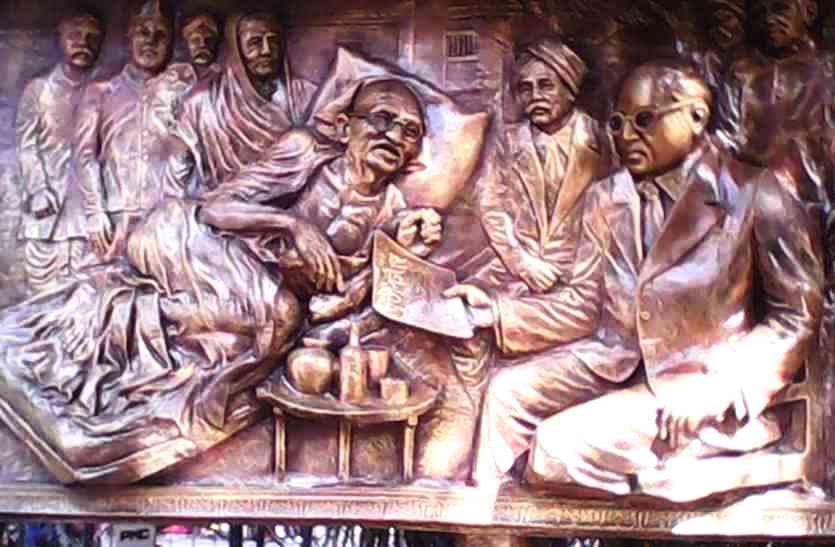
In the preface to the third edition he writes, “But the world owes much to rebels who would dare to argue in the face of the pontiff and insist that he is not infallible. I do not care for the credit which every progressive society must give to its rebels. I shall be satisfied if I make the Hindus realise that they are the sick men of India, and that their sickness is causing danger to the health and happiness of other Indians.”
The book contains many maxims which can open the eyes of Indian society. At the beginning of the book, Dr Ambedkar has mentioned the reasons and circumstances due to which the speech remain undelivered. A detailed description of the chain of events that led to the speech remaining undelivered makes it clear that Hindu religion is so orthodox that it does not allow its followers even to hear, understand and concede logical arguments against its orthodoxy. Hindus lack that courage. Quoting from Hindu scriptures, the book cogently proves that the caste system is rooted in religious beliefs and hence without annihilating these beliefs and the scriptures that sustain them, annihilation of caste is impossible. The so-called Hindu reformists want to preserve these scriptures and at the same time reform society. That is why; there is no scope for social reforms in Hindu community. Dr Ambedkar rightly points out that there can be no political revolution without social and religious revolutions. He has given examples of Ireland, Rome and America to make his point, besides referring to the communal award. This book describes various instances of caste atrocities and draws attention to the pain due to the caste system.
The book also emphasizes carefully that social reform is essential for economic reforms. Leftist thinkers believe that economic reforms alone would lead to liberty and equality. The book convincingly argues that religion, social status and wealth – all these are sources of power and they control the liberty of others. One quotation reads: “Men will not join in a revolution for the equalisation of property unless they know that after the revolution is achieved they will be treated equally, and that there will be no discrimination of caste and creed.”
Another quotation says,“The caste system is not merely a division of labour. It is also a division of labourers.” At another place Dr Ambedkar writes, “…caste is therefore a harmful institution, inasmuch as it involves the subordination of man’s natural powers and inclinations to the exigencies of social rule.” This book proves beyond doubt that caste will never allow Hindus to become a real society or nation.

The book also includes Hindi translation of the research paper titled Caste in India: Their mechanism, genesis and development” presented by Dr Ambedkar at a seminar on anthropology at Columbia University in 1916. Dr Ambedkar himself wanted that this paper should be included in the booklet Annihilation of Caste but that could not be done for want of time.
Famous writer and journalist Rajkishor has done an excellent service to society by translating this book with diligence and sincerity. Rajkishor passed away a few days before the publication of the book. Dr Siddhartha has devoted his time and labor to preparing footnotes for the book. By giving detailed notes on the references in the speech, he has made the book easy to understand. Forward Press has done a remarkable job by bringing this book to the people. The 184-page book is exciting and informative both concerning its style and facts. The back of the cover page of the book carries a short comment by Kanwal Bharti, underlining the usefulness of the book.
This is such an important book that every Indian home should have a copy of it.
Translation: Amrish, copy-editing: Lokesh
Title: Jati ka Vinash
Pages: 84
Price: Rs 200 (paperback), Rs 400 (hardcover)
Writer: Dr B.R. Ambedkar
Translation: Rajkishore
Reference notes: Dr Siddharth
Publisher: Forward Press
Click here to buy through Amazon
Forward Press also publishes books on Bahujan issues. Forward Press Books sheds light on the widespread problems as well as the finer aspects of Bahujan (Dalit, OBC, Adivasi, Nomadic, Pasmanda) society, culture, literature and politics. Contact us for a list of FP Books’ titles and to order. Mobile: +917827427311, Email: info@forwardmagazine.in)
The titles from Forward Press Books are also available on Kindle and these e-books cost less than their print versions. Browse and buy:
The Case for Bahujan Literature
Dalit Panthers: An Authoritative History
Mahishasur: Mithak wa Paramparayen

